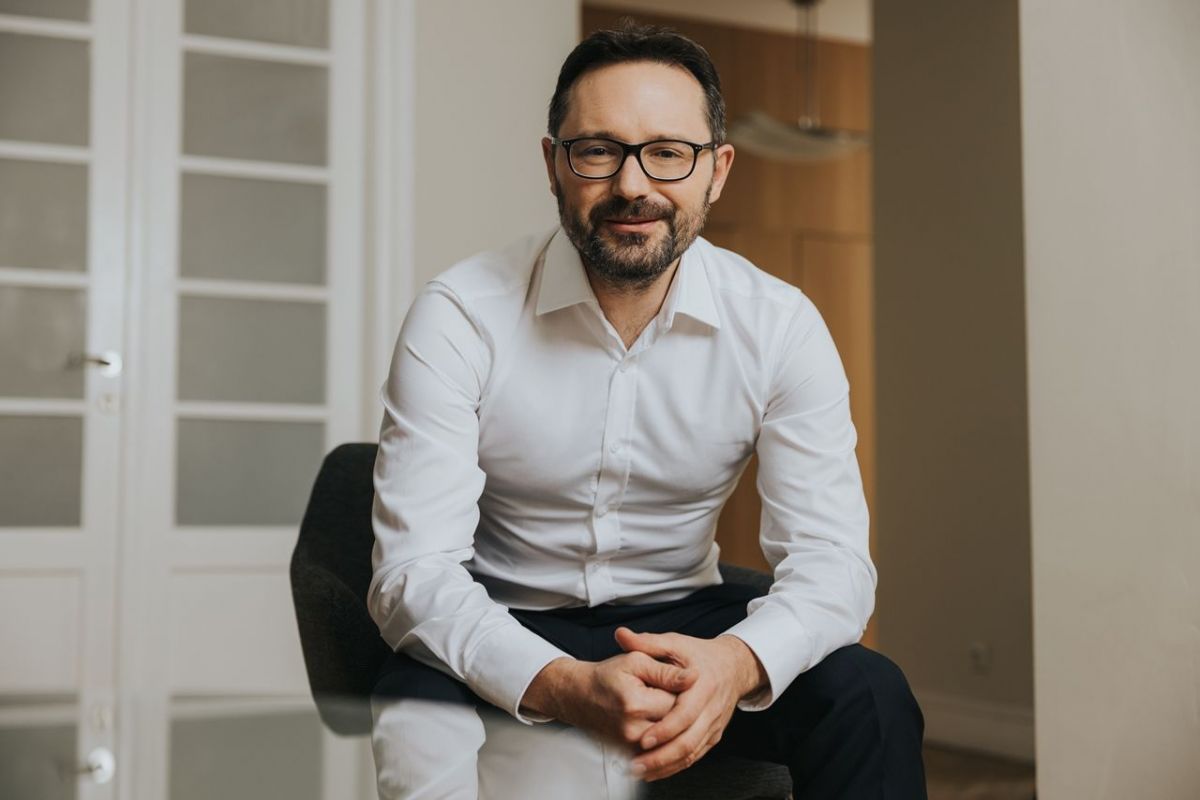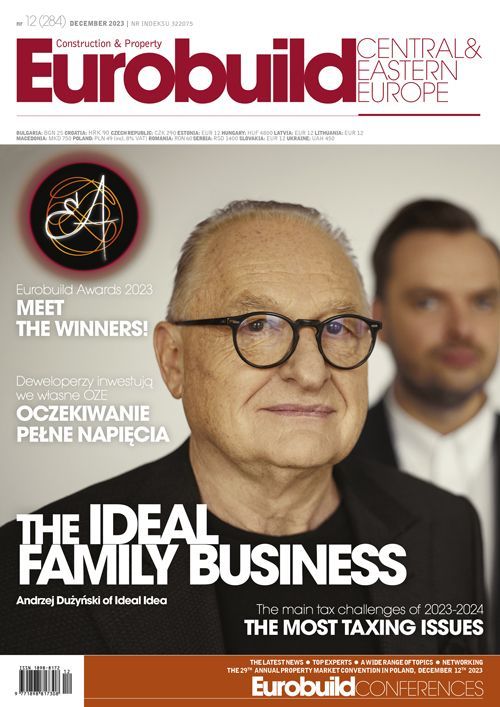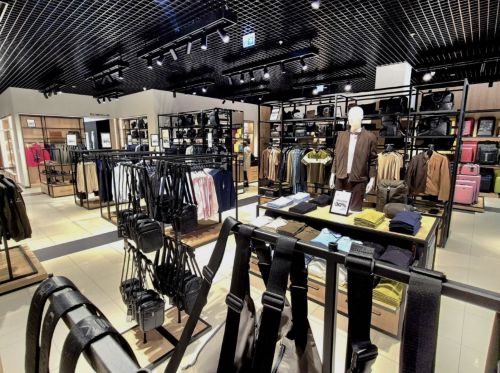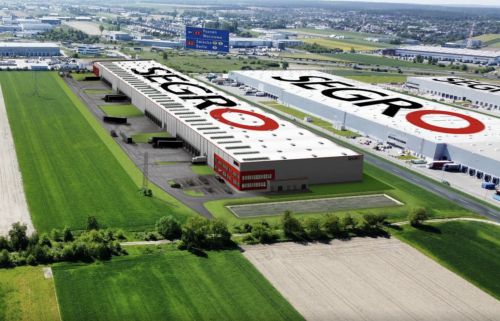Zeitgeist has just begun work on a development between the streets of ul. Nowogrodzka, ul. Św. Barbary and ul. Poznańska in Warsaw. Can you tell us what kind of project it is and what makes it so exceptional?
Maximilian Mendel, Poland managing director, Zeitgeist AM: One thing about it is that it takes up such a huge area. It covers a 1 ha site right in the middle of the city. In other Polish cities, such plots are simply unavailable. Furthermore, the buildings there have a history. We want to preserve the unique character of this place through the creation of a mixed-use project that will mainly comprise offices and apartments, the first of which will be in a townhouse at ul. Św. Barbary 6/8 and should be ready in 2024. We’re also thinking about locating a hotel there. At the moment, this is just an internal discussion, but we have also started talking with the city.
What’s the most important thing to ensure when launching such an urban renewal project?
Our main ambition





























































